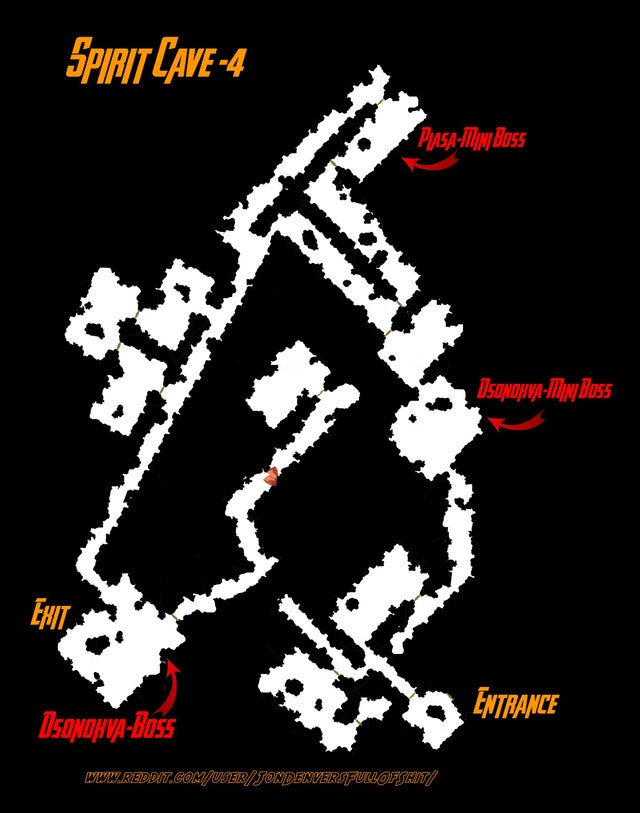

Fenian legend supposedly survived in the bard Ossian, son of the Odysseus-like contriver Fingal, and father of the Achilles-like hero Oscar: Wilde fulfilled all three roles in his life. His parents' choice of Gaelic heroic names for him (including what may have been a claim of descent from the ‘wild’ O'Flaherties, memorable threats to English settlers) heightened his alienation. Wilde would duly win his greatest social success as oral narrator. The wish of human vanity whose fulfilment brings ultimate damnation, characteristic in Gaelic story-telling, dominates Wilde's The Picture of Dorian Gray (1890, 1891). Wilde would also draw on his parents' mastery of ghost, curse, and fairy lore to inspire his first prose fiction, 'The Canterville Ghost' and 'Lord Arthur Savile's Crime' ( Court and Society Review, Feb–March and May 1887), and The Happy Prince and other Tales (1888). Wilde's Irish-speaking father took his family on vacations to Galway in quest of folklore, later written up by his widow: Wilde himself retained enough Irish to sing abstruse Gaelic lullabies to his children. Filial devotion made him a rebel, with some uncertainty as to his cause. He reaffirmed her defence of the Irish revolutionaries of 1848 when lecturing in San Francisco in 1882. He would have understood the symbolism of her consecration of her sons to the church whose children had died in such horror and such numbers. Wilde's dialogue between Death and Avarice in 'The Young King' ( Lady's Pictorial, Christmas 1888) echoes her indictment while his Ballad of Reading Gaol (1898) has recollections of her poem 'The Famine Year'. During the great Irish famine (1845–52) William Wilde had directed the census from local medical reports giving him unique mastery of famine mortality and his folklore researches showed its cultural toll, while Jane Elgee as poet and polemicist on the Dublin Nation declared that the million-odd victims owed their fate to her fellow protestant landlords. Wilde violated no Irish protestant taboo as great as that broken by his mother for him in thus perverting him (as her relatives would have termed it). Wicklow, where the family were on holiday. Prideaux Fox (1820–1905), chaplain to the juvenile reformatory at Glencree, co. Five or six years later he was baptized into the Roman Catholic church, at his mother's instance, by the Revd L. Wilde was baptized by his father's brother Ralph in St Mark's Church, Dublin, on 26 April 1855. Wilde's Iokanaan in Salomé (1893) and Canon Chasuble in The Importance of being Earnest (1895) reflect that family clerical background, as do Wilde's 'Poems in Prose'.

All retained the self-confidence and authoritarianism of Irish protestant evangels. All the major Irish Renaissance writers of protestant origin showed some evangelical inheritance, substituting cultural for spiritual leadership: Wilde, Shaw, Yeats, Synge, O'Casey. These and some of their lay relatives and friends participated in the Romantic flowering of Irish evangelicalism (1815–45) which sought to convert the Irish Catholic masses where predecessor protestant episcopalians were content to subordinate them. Wilde's immediate family was more clerical than any of his fellow writers' of the Irish Renaissance: in addition to Maturin, two paternal uncles proper and one by marriage, a maternal uncle, and maternal grandfather were ordained in the (established) Church of Ireland. Wills was the son of the Revd James Wills (1790–1868), poet and man of letters, whose The Universe (1821) was wrongly attributed to his friend Maturin, thus symbolizing linkage between the Wilde and Elgee families. Wilde, his father, and his elder brother, William Charles Kingsbury (1852–1899), afterwards added the name Wills as a forename, asserting kinship to William Gorman Wills, a playwright famous after Henry Irving's title-role performance of his Charles I (1872). 1851), whose sister Henrietta married the Revd Charles Robert Maturin (1780–1824), author of Melmoth the Wanderer (1820). Wilde, Oscar Fingal O'Flahertie Wills ( 1854–1900), writer, was born on 16 October 1854 at 21 Westland Row, Dublin, the second of the three children of William Robert Wills Wilde (1815–1876), surgeon, and his wife, Jane Francesca Agnes Wilde, née Elgee (1821–1896), writer and Irish nationalist, daughter of Charles Elgee (1783–1824), solicitor, and his wife, Sarah Kingsbury ( d.


 0 kommentar(er)
0 kommentar(er)
